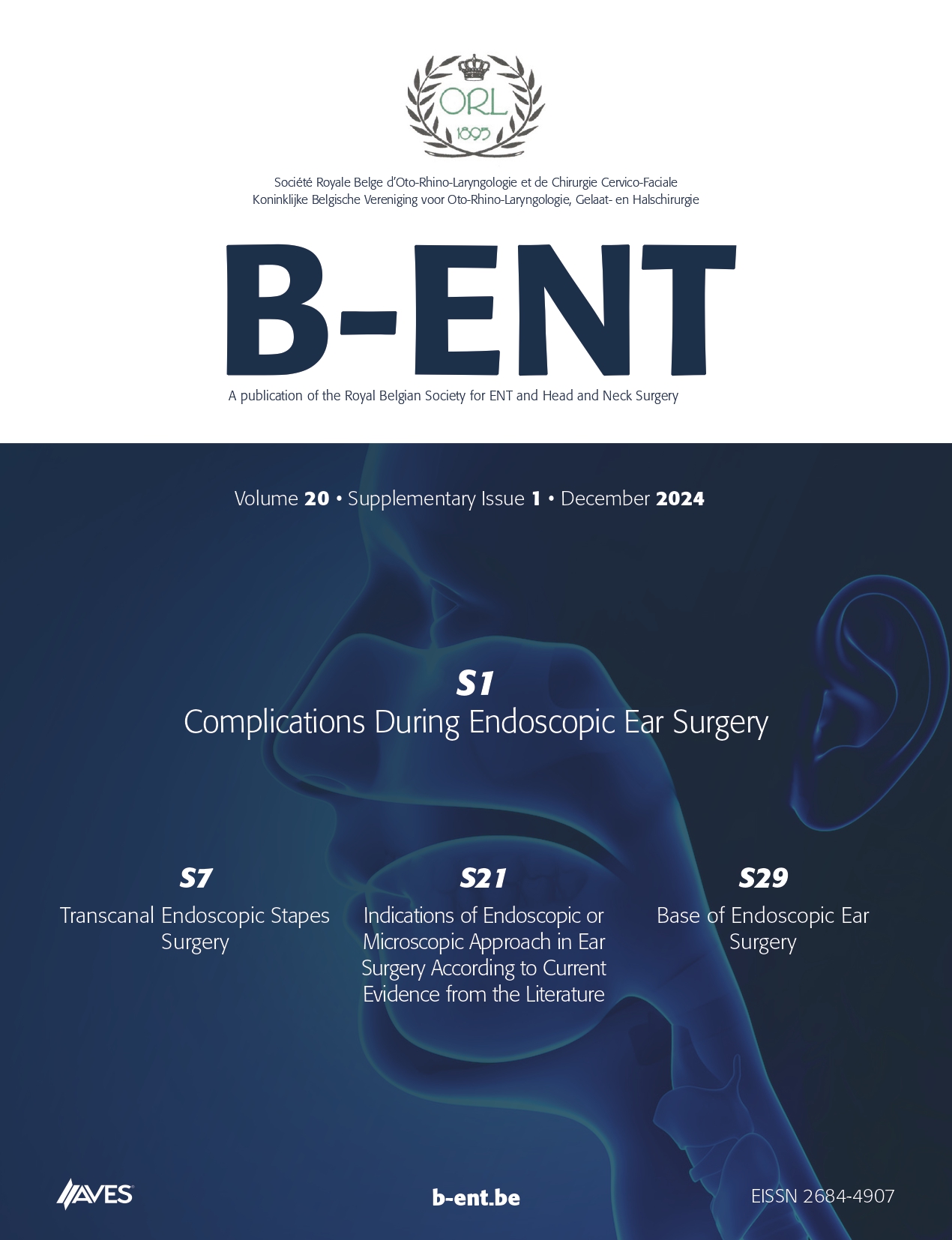Objective: The aim of the study was to assess whether an online media awareness campaign had any impact on attitudes or knowledge of cochlear implants among otorhinolaryngologists in Austria, Germany, Sweden, and the UK.
Method: A series of promotional banners for cochlear implants were placed in a variety of online mainstream media and medical magazines. A total of 240 otorhinolaryngologists were surveyed using a custom-made online questionnaire, and data were collected before and 1 year after the online awareness campaign and compared.
Results: The online awareness campaign had little impact on the attitudes of otorhinolaryngologists. Median click rates for the promotional banners placed on medical websites were approximately 0.17%. This was higher than for the more general publications, but this did not translate into improved awareness.
Conclusions: The online campaign did not have an impact on awareness in this group. Efforts should be made to encourage otorhinolaryngologists to make better use of alternative methods of providing updates and training. It is important that they are aware of cochlear implant technology so that they can inform patients who are suitable for cochlear implantation and advise them appropriately.



.png)
